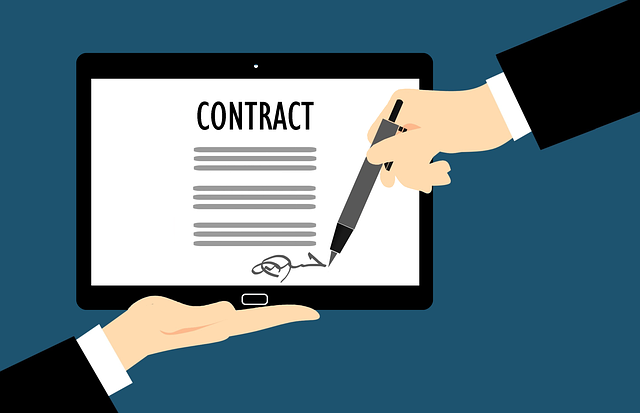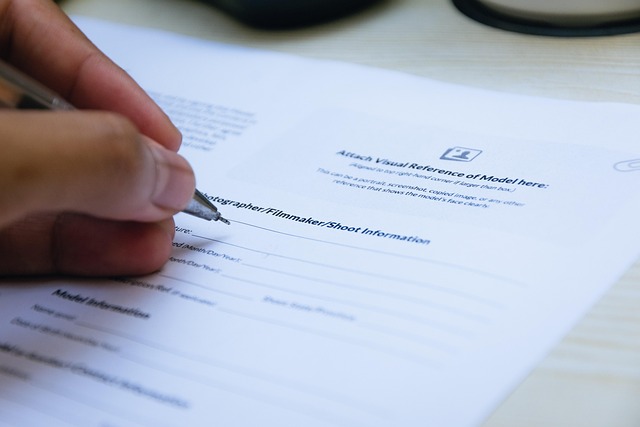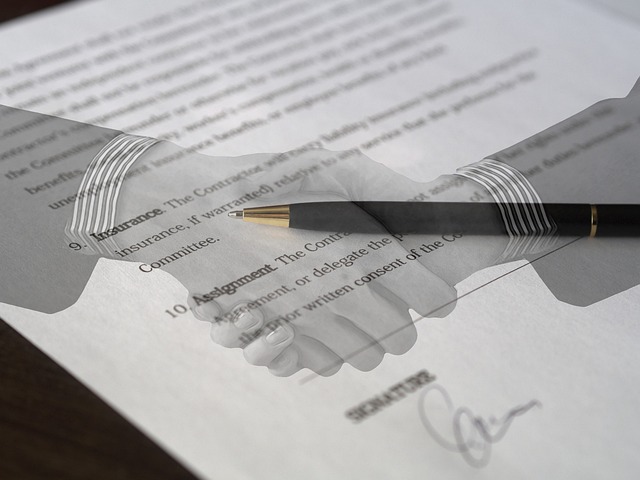Understanding lease clauses is crucial for students to navigate their rights and responsibilities when leasing an apartment. Key terms affect financial obligations and living conditions, while maintenance, subletting, and termination policies require attention. Students should review clauses carefully, communicate with landlords, and seek clarification on unclear terms to avoid disputes and make informed decisions.
Navigating the world of leasing can be daunting for students, but understanding key lease basics is a crucial first step. This student-focused guide breaks down essential elements, empowering you to read and interpret lease clauses effectively. From defining fundamental terms to exploring common issues, this resource equips you with the knowledge to protect your rights and make informed decisions regarding your rental agreements. By the end, you’ll be well-armed to navigate lease clauses like a pro.
- Understanding Lease Basics: Key Terms Explained
- Reading and Interpreting Lease Clauses
- Student Rights and Responsibilities
- Common Lease Issues and How to Address Them
Understanding Lease Basics: Key Terms Explained

Leasing an apartment or property is a significant step for students transitioning into independent living. Understanding lease clauses is crucial to ensure a smooth and legally protected tenancy experience. Some key terms to familiarize yourself with include rent, due date, late fees, security deposit, and lease term—all of which are fundamental aspects that define your rights and responsibilities as a tenant.
Additionally, lease clauses cover important details like notice requirements for moving out, maintenance responsibilities, and rules regarding subletting or having pets. Students should also pay close attention to any restrictions on parties, noise levels, and the overall conduct expected from tenants. Knowing these basics empowers students to negotiate terms, avoid potential pitfalls, and make informed decisions when signing a lease agreement.
Reading and Interpreting Lease Clauses

Reading and interpreting lease clauses is a crucial skill for students who are about to sign their first lease or understanding their existing one better. Every lease contains various terms and conditions that dictate the rights and responsibilities of both landlords and tenants. Familiarize yourself with common lease clauses such as rent amount, payment due dates, lease duration, and renewal options. These details significantly impact your financial obligations and living arrangements.
Pay close attention to clauses related to maintenance and repairs, subletting restrictions, and termination policies. Understanding these provisions ensures you know what to expect and how to handle potential issues during your tenancy. Don’t hesitate to seek clarification from the landlord or a legal professional if certain terms are unclear. Arm yourself with knowledge to make informed decisions regarding your lease agreement.
Student Rights and Responsibilities

Students have rights and responsibilities when it comes to leasing, which are often outlined in detail within the lease agreement. Understanding these clauses is crucial for a smooth tenancy experience. Key rights include the ability to live in the property peacefully, maintain privacy, and have access to essential services such as electricity, water, and internet. Students also have the right to fair treatment from landlords or property managers, including prompt responses to maintenance requests and clear communication regarding rent payments and increases.
Responsibilities, on the other hand, involve paying rent on time, keeping the property clean and safe, reporting any damages, and adhering to lease terms related to guests, pets, and noise levels. It’s important for students to thoroughly review the lease clauses before signing, ensuring they understand their rights and duties. This proactive approach can help avoid disputes later and foster a harmonious relationship with landlords or property managers.
Common Lease Issues and How to Address Them

Many student renters face common issues with lease clauses, often due to a lack of understanding or experience. One frequent problem is unclear expectations regarding rent payments, which can lead to disputes. Students should pay close attention to payment terms and deadlines, ensuring they understand the agreed-upon schedule. If there are any variations or unexpected changes, it’s best to communicate promptly with the landlord or property manager to avoid late fees or potential evictions.
Another typical issue involves lease duration and renewal processes. Students may find themselves wanting to extend their stay but being unaware of the necessary steps. They should familiarize themselves with the notice period required by the lease for both moving out and renewing, ensuring they follow the correct procedures to maintain continuous occupancy. Reviewing all lease clauses and seeking clarification on any ambiguous points from the beginning is a proactive approach to steering clear of future complications.






